
Enjoy the panel discussion. Information on the participants is below.
Quite the Life (and all in Times New Roman 10pt!)

Enjoy the panel discussion. Information on the participants is below.
UPDATE: You can watch the panel discussion at both Litcon 2021 World Building Panel with Science fiction, fantasy, alt-history, steampunk, YA science fantasy, speculative fiction, dystopia, and military science fiction authors F. Stephan, Geoff Genge, Claudia Blood, Theresa Halvorsen, C.G. Hatton, and Liz Tuckwell and YouTube
Watch it live Saturday, 6 March 2021, noonET on Facebook!

About Minnesota based Claudia Blood
The Relic Trilogy – Which is YA sci-fantasy (or soft sci-fi)
Book 1: Company Assassin
Book 2: Horizon Found
Book 3: Time Rift — Goes live March 15th
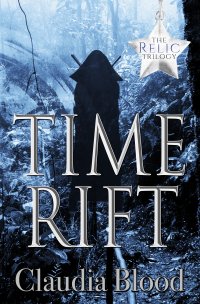
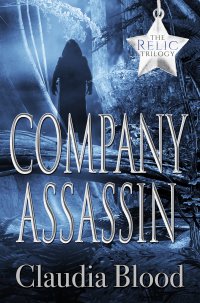
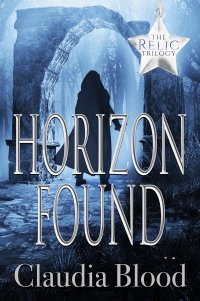
About PEI based Geoff Genge
Terra Obscura series
My genre is alt-history/steampunk/sci-fi. What can I say… I’m complicated.
I like romantic dinners, stiff drinks, and long walks down abandoned country roads. Ya’know… since you asked.
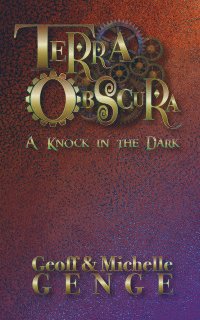
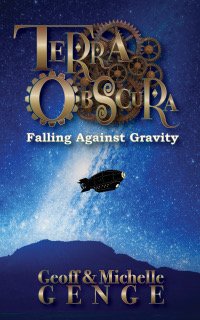
About Temecula based Theresa Halvorsen
heresa Halvorsen has never met a profanity she hasn’t enjoyed. She’s generally overly-caffeinated and at times, wine-soaked. The author of multiple spec-fiction works, including Warehouse Dreams and River City Widows, in addition to various short stories and non-fiction articles, Theresa wonders what sleep is. Because she didn’t have enough to do, she also started No Bad Books Press with S. Faxon and edits for other spec fiction writers.), Theresa enjoys board games, geeky conventions, and reading. Her life goal is to give “Oh-My-Gosh-This-Book-Is-So-Good!” happiness to her readers. She lives in Temecula with her amazing husband, occasionally her college-age twins, and the pets they’d promised to care for.
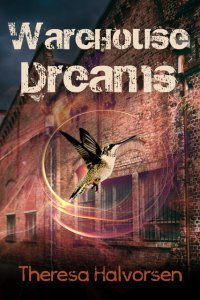
About Lyon, France based F. Stephan
I have now 4 science fiction books in the same universe
The first two will tell you of Brian’s path to become a fully qualified starpilot and to overcome his worst fears
The third brings you back to Earth and the first trading space station above it, unsupported by the planet below
The fourth introduces you to a new character. She is forty, her birth has been deleted from the databases by the Federation until now and suddenly she has to find out what happened then.
I have pushed back the anthology of short stories
I am writing a fantasy book, set up in an alternate roman-styled world. When Giants attacks Antiago’s ally and northern border, General Torkal has only one choice. Step in. But the Giants are only the first threat he faces. We follow Allus Vernal, Scout Master of the First Legion, protegé of the General, from reconnaissance to battles, from throne rooms to secret fortresses
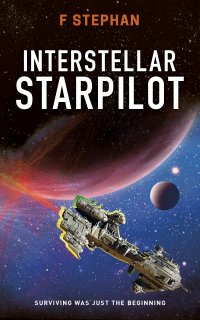
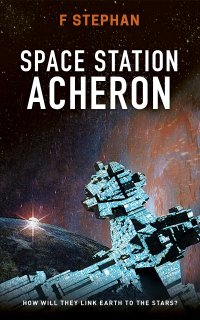
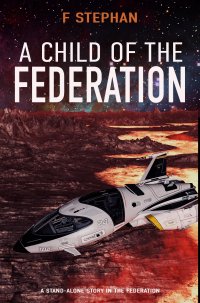
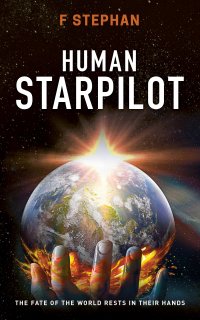
About North East England based C.G. Hatton
I write fast-paced action adventure military scifi (Thieves’ Guild), far future, galaxy at war, lots of intrigue, character-driven, complex, six books in main series, two so far in YA origins series set ten years before the main drama, new book out in April is the 3rd in that origins series…
Also editor of the Harvey Duckman Presents series of scifi, fantasy, steampunk and horror short story anthologies…
Background is degree and PhD in geology, worked at Durham Uni for five years, worked as a journalist, sub editor and editor on local newspapers for six years or so… started Sixth Element Publishing in 2009… mentor writers, run writing workshops, edit work, publish stuff… did some other stuff here and there
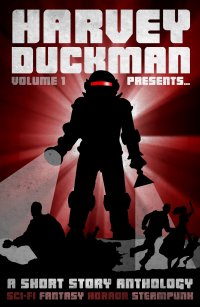
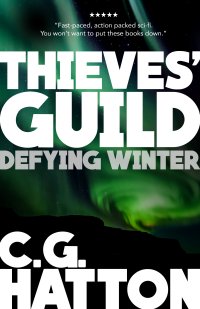
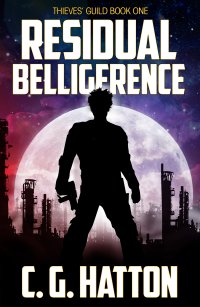
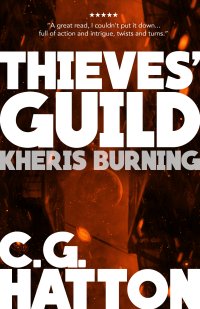
And from Special Guest alt-history and dystopia author Liz Tuckwell
I have written one dystopian short story and I’ve written several alternate history fantasy short stories about an alternative Rome. And a urban fantasy novella.
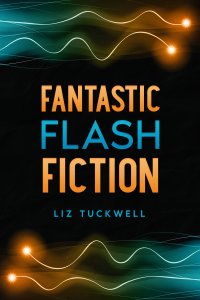
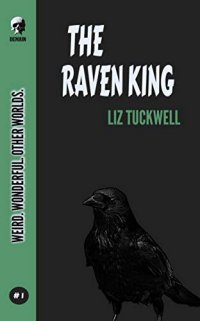
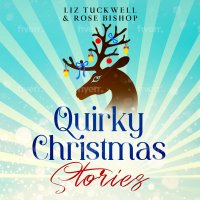
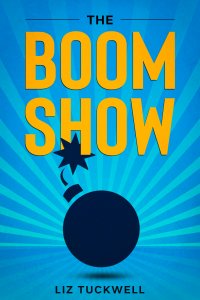
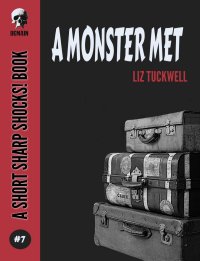
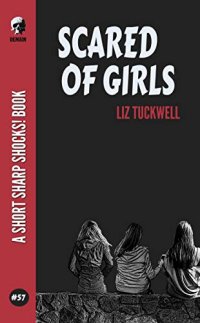
First, a different kind of how-to-write book; each chapter is written by a different notable in the field – Williamson, Bradbury, Tem, Grant, Bradley, …
The variety of perspectives is interesting. I wonder if each author chose their chapter subject or were assigned it by Williamson, who served as editor.
Bradbury’s chapter, for example, is about where ideas come from and nurturing them, not specific techniques. Tem and Castle each take a turn at character but each from their own perspective.
Bradley’s “World Building in Horror, Occult, and Fantasy Writing” marks the first time I’ve seen the “world building” term outside of writers’ cons (I’m hosting a World Building panel at LitCon 2021).
Beyond chapters on technique – Plot, Character, Setting, World Building, Revision, Submission, … – How to Write Tales of Horror, Fantasy & Science Fiction‘s contributors explain the whys of their suggestions. Example: William F. Nolan’s “Involving Your Reader from the Start” chapter contains several examples of opening paragraphs (I don’t agree that all of them are good). Near the end of his chapter he writes “In the no-TV, no-video, no-comics world of Charles Dickens, readers were conditioned to deal with complex, dense, often-wordy opening pages in books and stories. It was an era of leisurely reading when the pace could be slow and unhurried. Not so today. …”
In other words, writing evolves with a purpose. Yes, there are fads and they pass quickly. What survives is what out-competes others in the environment.
Amazing how evolutionary science affects everything, isn’t it?
Greetings! I’m your friendly, neighborhood Threshold Guardian. This is a protected post. Protected posts in the My Work, Marketing, and StoryCrafting categories require a subscription (starting at 1$US/month) to access. Protected posts outside those categories require a General (free) membership.
Members and Subscribers can LogIn. Non members can join. Non-protected posts (there are several) are available to everyone.
Want to learn more about why I use a subscription model? Read More ch-ch-ch-ch-Changes Enjoy!
I mentioned back in Four pieces for a workshop that I’m taking an online writing course.
I’ve taken a few courses from this provider since then. It is a fascinating experience. A few of the students are worth the price of admission. I can’t stop thinking of them as characters – truthfully, more like caricatures – and wonder if their behavior is how they believe auteurs should behave or how they genuinely behave.
Some of the other students are also worth the price of admission, and differently; they’re witty, forthcoming, enjoy a good laugh, … I’ve engaged a few of them out of the class. Good folks, all.
Anyway, I’ll be sharing more of the exercises from the class in this and subsequent posts.
Here we have the same story told through Character and then via Description. Fair warning; I didn’t take this particular class too seriously.
Character
Bob sat calmly reading a story about a woman in a barn watching a neighbor drive a car by. It didn’t occur to Bob how amazing this was, nor did Bob’s owner, Frieda, seem to notice.
But Sylvester and Carmine, Bob’s two kits, were incensed.
“Yo! Momma!” they mewed. “Roll over! Give us those teats!”
Frieda looked down at the kits plaintive cries. “Oh, my. Bob. You’re starving your children.”
Description
“Bob’s not feeding her kits.”
“You know this how?”
“I watched her. She sat curled on a magazine. Sylvester and Carmine practically knocked her over to get at her, poor things.”
“You watched our cat not feed her kits. How long did you watch our cat not feed her kits?”
“Must have been a half, three-quarters of an hour.”
“Were they quiet through all this?
“Wailing like tiny banshees, they were.”
“You sat and watched all this, listened to the kits crying, but did nothing?”
“What would you have me do?”
Robert Peck’s Fiction is Folks was a difficult book for me to get through on my first read and an entertaining book on my second read. I’ll read it at least one more time before I’m satisfied I’ve sucked all the marrow from its pages (that odd phrasing is one of his suggestions. Such odd phrasings wake the reader up. You may not like that one, that’s fine, and learn the technique. Practice it. The technique useful even if my example is not).
My initial challenge was the reason I was entertained on my second read: Peck is homesy and folksy. He is direct, clear, honest. He’s a native Vermonter and it shows in both his prose and his examples.
An important point about his examples: most of them passed over me on my first read because this entire book is an example. He explains something and read his explanation again. It’s an example of what he’s explaining. Now look at the example he uses for his explanation. Yes, it’s an example and it contains a thread to the next example.
Also (and like most Writers’ Digest books I’ve read) he covers a broad range of topics well beyond character (the main item in this book). A partial list includes:
Greetings! I’m your friendly, neighborhood Threshold Guardian. This is a protected post. Protected posts in the My Work, Marketing, and StoryCrafting categories require a subscription (starting at 1$US/month) to access. Protected posts outside those categories require a General (free) membership.
Members and Subscribers can LogIn. Non members can join. Non-protected posts (there are several) are available to everyone.
Want to learn more about why I use a subscription model? Read More ch-ch-ch-ch-Changes Enjoy!